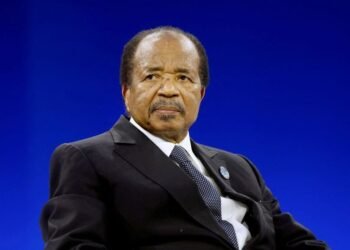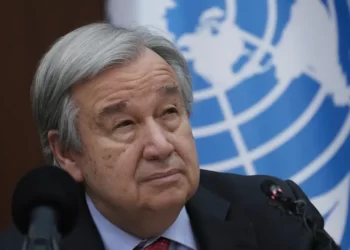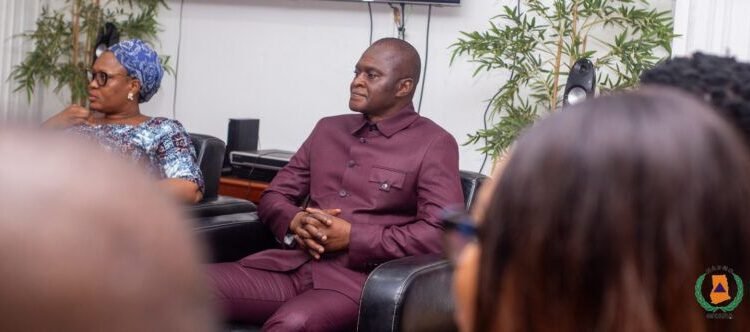Mauritius is grappling with fresh turmoil at its central bank after Prime Minister Navin Ramgoolam announced he has asked Governor Rama Sithanen to step down, promising to appoint new leadership in the coming days.
The move follows weeks of controversy and the high-profile resignation of a deputy governor amid allegations of interference in the institution’s operations. Ramgoolam said on Saturday that the situation had reached a breaking point.
“It was clear that Rama Sithanen’s position had become untenable. This situation is unacceptable. In order for the Bank of Mauritius to regain its serenity, I asked the Governor to step down.”
Prime Minister Navin Ramgoolam
The Prime Minister emphasized that he was not questioning Sithanen’s technical competence but insisted the bank needed fresh leadership to restore credibility.
The announcement comes after Gerard Sanspeur, the second deputy governor of the central bank, resigned on August 29. Sanspeur, who ranked as the third most senior official at the institution, claimed he had clashed with the governor’s son, whom he accused of trying to exert influence over critical decisions. At a press conference last month, Sanspeur alleged that the governor’s son “wanted to interfere in banking licences processes, in recruitment and laying off of staff and tender procedures.”
Sithanen rejected the accusations, describing them as false. Nevertheless, the dispute triggered a public confrontation that has now culminated in calls for the governor himself to vacate office. Ramgoolam confirmed that Sithanen has requested a meeting with him, which the Prime Minister suggested was “about the conditions.”

Institutional Integrity At Stake
While Ramgoolam acknowledged Sithanen’s contributions in stabilizing the economy, noting that the rupee has appreciated by 6% against the dollar this year and inflation stood at 3.3% in August, he stressed that governance must come first. “I do not question his competence,” Ramgoolam reiterated, but he maintained that the atmosphere of mistrust had made it impossible for the central bank to function effectively.
The Bank of Mauritius plays a pivotal role in the island’s financial system, overseeing monetary policy and supervising the banking sector. However, this latest crisis has exposed deeper institutional challenges, including concerns about political interference and the erosion of governance structures.
Moody’s downgrade of Mauritius’ credit rating in 2022 cited weakening institutional quality and reduced policymaking capacity, underlining the risks posed by a lack of independence at the central bank. Observers warn that the latest turmoil could further shake investor confidence, especially given Mauritius’ ambition to maintain its status as a respected international financial hub.
Governance Concerns Cloud Economic Stability
Sanspeur’s allegations of interference have spotlighted broader vulnerabilities in Mauritius’ governance frameworks. Corporate governance codes emphasize transparency and accountability, yet past financial sector scandals suggest these principles have not always been upheld in practice. When personal or family influences appear to intrude on official mandates, the credibility of key institutions is undermined.
The dispute at the Bank of Mauritius highlights the difficulty of fully insulating national institutions from external and private pressures. Analysts argue that restoring stability will require stronger institutional safeguards, better transparency, and clear lines of accountability to ensure monetary policy decisions are based on economic rather than political or personal considerations.
Ramgoolam’s pledge to name a new second deputy governor on Monday, followed by a new governor thereafter, signals his intent to move swiftly. The challenge for Mauritius now is not only replacing leadership but also addressing the structural governance weaknesses that allowed the crisis to escalate.
The central bank’s independence is widely regarded as critical for managing monetary stability, particularly as the country navigates a delicate period of economic consolidation and diversification. For Mauritius to rebuild trust, the institution must demonstrate it can operate free from undue interference and restore confidence among investors and the public alike.
READ ALSO: We Must Go After the Big Men Behind Galamsey – Expert Demands Tough Action






















